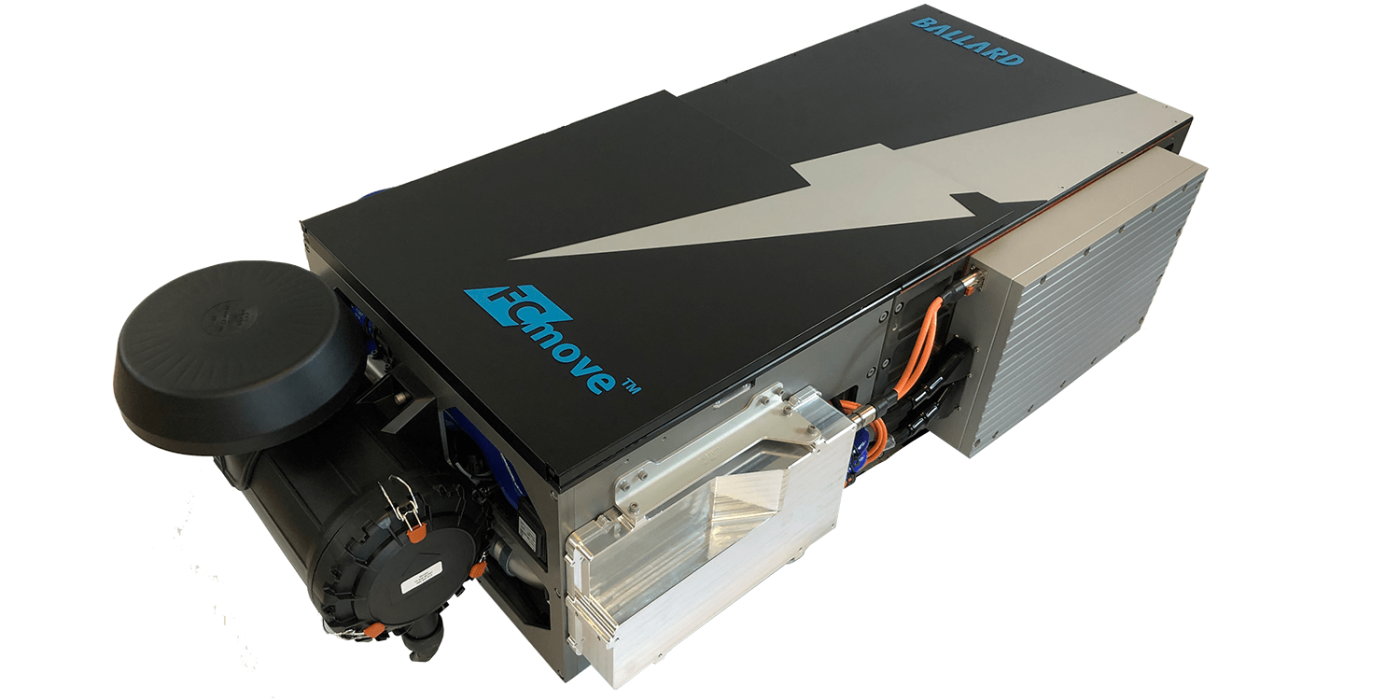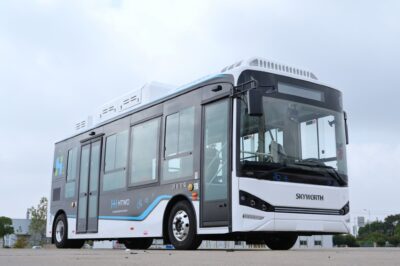Ballard wants to build new fuel cell plant in Texas
Ballard has also secured a grant of 40 million dollars from the US Department of Energy (DOE) for the first phase of the factory, which is to be built by 2027. The funds are split between two grants from the “Clean Hydrogen Electrolysis, Manufacturing, and Recycling” programme, according to Ballard.
Eight million membrane electrode assemblies and bipolar plates are to be produced per year in phase 1 of the plant on the 22-hectare site in Rockwall Technology Park from 2027. These are then to be assembled into 20,000 fuel cell stacks of the same value. Ballard is talking about the equivalent of three gigawatts of fuel cells.
Both the site itself and the plant design are intended to offer the company “the opportunity for further future phases at the Rockwall site” – the plural is explicitly mentioned. However, the capital requirements for the construction of future expansion phases are to be significantly lower.
Ballard will not formally make the investment decision until later in the year, “pending completion of customary conditions”, according to the press release. In other words, when the necessary approvals have been obtained, the final terms of the grant have been negotiated with the DOE and all other agreements have been signed.
The 40 million dollars from Washington will be divided into two projects. 30 million dollars will support an advanced, automated stack assembly. The remaining ten million dollars are earmarked for a flexible production line for graphite bipolar plates.
“We are thrilled to be recommended for participation in the Clean Hydrogen Electrolysis, Manufacturing, and Recycling Program,” said Randy MacEwen, President and Chief Executive Officer of Ballard. “We are grateful for the strong support of the DOE’s hydrogen policies that position the US for future scaling of hydrogen and fuel cells. This is particularly important as the US accelerates a path towards environmental sustainability and energy security, while continuing to boost domestic manufacturing and bolster critical supply chains.”





1 Comment